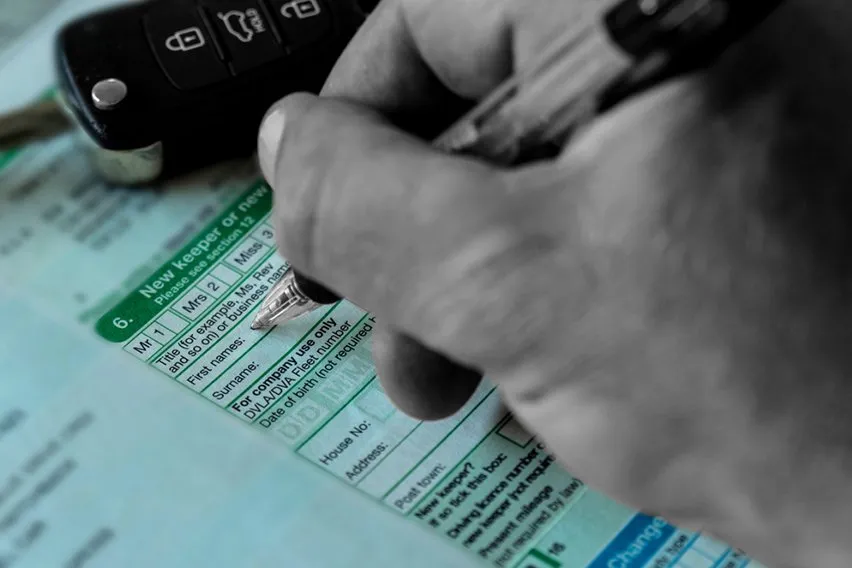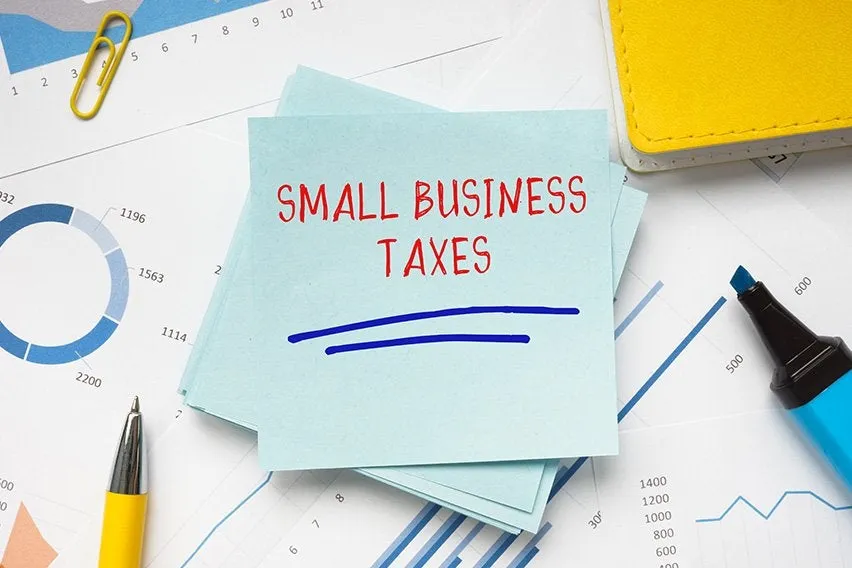How Employees Can Claim Travel Expenses?

Claiming travel expenses can be quite a tricky area, but it’s one that affects a large portion of the working population.
Thousands of workers across the UK have to travel in some form or another for work. There are a number of reasons to travel. Whether they’re travelling to visit a client, heading to a conference or simply running errands for the business.
HMRC offers a tax relief for any costs incurred whilst you are on the road for work-related reasons. These are known as travel expenses.
For one reason or another, lots of taxpayers aren’t making full use of this tax relief. Thousands of workers aren’t claiming back the travel expenses that they are entitled to.
So, what exactly are travel expenses? And how do you claim this rebate?
We’ll take a closer look at everything you need to know about how employees can claim travel expenses.
Here’s What We’ll Cover:
What Counts as a Travel Expense?
What Counts as Business Travel?
Can I Claim Travel Expenses If I Work From Home?
How Can I Claim For Travel Expenses?
What Are Travel Expenses?
As the name suggests, travel expenses are expenses incurred whilst travelling. In this case, they are expenses incurred whilst travelling for business purposes. These expenses include transport costs, meals and vehicle mileage among a number of others.
As with all legitimate business expenses, companies and employees are able to claim tax relief on these costs. This is because if the expenses tick all of the required boxes, business travel is free from tax.
This is why it makes financial sense for both companies and individual employees to keep track and claim tax relief on business trips.

What Counts as a Travel Expense?
HMRC may provide tax relief on business-related travel expenses, also known as HMRC travel expenses, if the costs fall into the following categories:
- Public transport costs
- Hotel accommodation if you have to stay overnight
- Food and drink
- Parking fees
- Mileage
- Congestion charges and tolls
- Business phone calls
- Printing costs
Essentially, as long as any of the above occurs during business travel then the company should be able to claim relief.
What Counts as Business Travel?
According to HMRC, to be eligible to claim for relief if you have to be travelling for a ‘business purpose’.
Simply put, you can claim for any trip that’s outside your everyday commute to and from work. The journey you take to and from work is classed as regular commuting and is not seen as counting as a business trip by HMRC.
You can, however, claim for journeys that fall under a business category. They also require you to travel to a location that isn’t your place of work or your home.
For example, this may mean you driving to:
- An office location that isn’t your usual base of operations.
- An event, such as a work-related conference or seminar.
- A customer’s workplace for a business meeting.
- A training centre for a required training course.
- A temporary separate office if your usual office is out of action.
What Counts as a Workplace?
There are two types of workplaces that are recognised by HMRC. Those are:
Permanent Workplaces
This is judged by HMRC looking at how much of an employee’s time is spent at a particular workplace and if they are regularly there or not.
There isn’t a particularly large requirement for a place being a permanent workplace. For example, if an employee goes somewhere just once a week this is almost always counted as a permanent workplace.
HMRC defines it as:
“If the task is going to last more than 24 months and the employee is going to spend more than 40% of their time on-site, the workplace where the task is carried out becomes permanent.”
Temporary Workplaces
A workplace is defined as temporary if an employee only goes there for a short-term task. Travel to and from a temporary workplace can be counted as business travel, not normal commuting.
This means that you can claim expenses for business travel if you are travelling between both permanent and temporary workplaces.
Can I Claim Travel Expenses If I Work From Home?
Since the COVID-19 pandemic, we have seen a huge increase in employees working from home.
According to HMRC, if an employee works from home for no other reason than convenience, then any home-to-work journeys count as normal commuting.
However, if an employee works from home because their job requires them to, then that changes. Let’s say that their employer doesn’t provide the facilities on-site, then your home becomes a workplace. This means that travel from your home to other workplaces becomes business travel.
How Can I Claim For Travel Expenses?
To claim for travel expenses as a form of relief, you will need to have detailed records to back up your claim. These could include:
- Details of Your Journeys: This may be a diary of locations visited and the dates that you made the trip.
- Pay Slips: If your payslips show your business mileage or lodging costs paid by your employer then they can be used as evidence.
- Receipts for Accommodation: You will need to provide the receipts for travel expenses and/or sustenance expenses.
To claim your travel expenses as an actual expense you have to file a claim with HMRC. You have up to four years from the end of the tax year to claim it.
To make a claim, you must:
- Keep a record of your business-related mileage expenses.
- Multiply your yearly mileage by the current AMAP mileage rate and deduct your employer’s mileage allowance, if any.
- If it is under £2,500, you can file your claim on your self-assessment tax return.
- If your claim is over £2,500 then you must file a self-assessment tax return.

How Much Can I Claim?
In terms of how much you can claim, it depends on a number of factors:
- How much you have spent.
- How much tax you have paid.
- If your employer has reimbursed you.
There may be a scenario where an employer has paid their employee some percentage of their travelling expenses. If that is the case then they may still be eligible to claim for travel expenses if:
- The allowance doesn’t cover the full cost of your expenses.
- The allowance paid by the employer is then taxed.
- The employee uses their own car and the mileage allowance is less than the government-approved rates.
Key Takeaways
It’s important for both business owners and employees to know how much they can claim and what they can claim for.
The amount of tax relief you can claim can really add up and make a difference to your overall bottom line. It is a form of relief that any business is entitled to so it should be utilised.
To keep track of your business expenses and business miles, try using expense tracking software such as FreshBooks.
Are you looking for more business advice on everything from starting a new business to new business practices?
Then check out the FreshBooks Resource Hub.
RELATED ARTICLES

 4 Best Resource Management Software
4 Best Resource Management Software What Is Priority Management & Its Importance to Small Business
What Is Priority Management & Its Importance to Small Business How to Create Company Expense Policy: Guide & Template
How to Create Company Expense Policy: Guide & Template UK Business Mileage Rates & How to Claim as an Expense
UK Business Mileage Rates & How to Claim as an Expense A Guide to Claim Mileage Allowance & Rates
A Guide to Claim Mileage Allowance & Rates 25 Business Tax Write-Offs for Small Business
25 Business Tax Write-Offs for Small Business